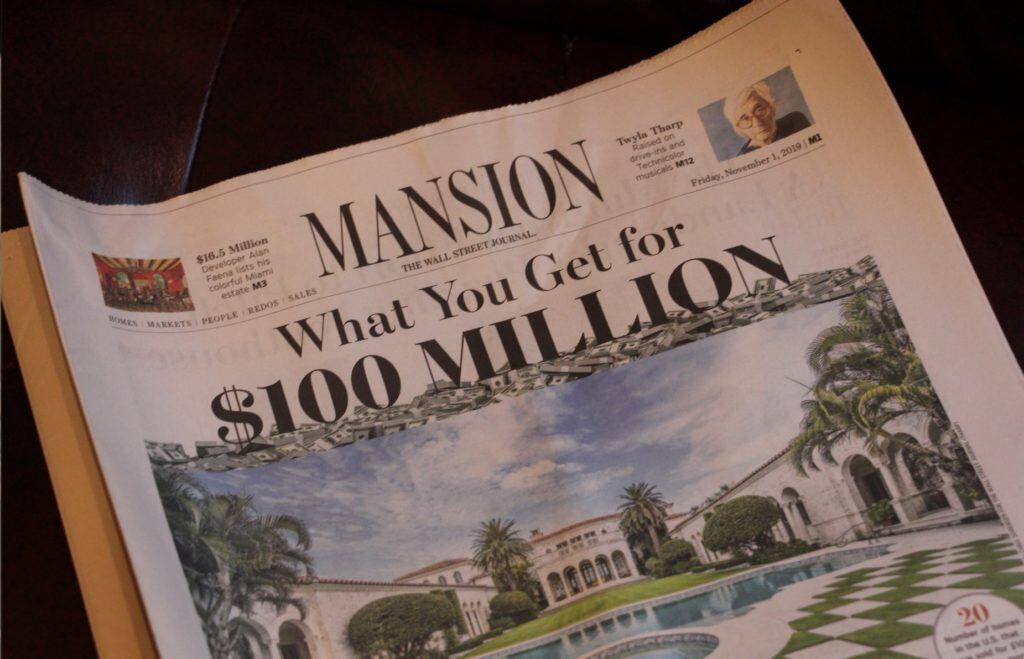
Editorial Roundtable: Wealth Disparity
How much wealth inequality will ever be justified?
In our weekly roundtable conversations, the editors of Current Affairs solve global problems, offer advice, and kvetch about aspects of the present situation. This week, your editors decide how much money you should have—yes, you.
LYTA GOLD (AMUSEMENTS AND MANAGING EDITOR)
So my husband and I recently went on a road trip, and in the middle of Ohio we naturally got into a ferocious argument about how much wealth disparity would be appropriate in a socialist society. Obviously there would be no billionaires under socialism, but could there be millionaires? Could people own multiple homes? Would there still be a class system? (For the record, I was opposed to both millionaires and vacation homes; while there might always be some minor amount of disparity, I don’t think you can permit an active class of much-wealthier individuals or they will just constantly try to undermine the socialist system. Also I think vacation homes are neat but should be timeshares, and everyone gets a turn.)
CATE ROOT (ADMINISTRATIVE MAVEN)
I have thought about this as well. One thing on my mind is a maximum estate. In addition to a possible “lifetime wealth maximum,” this would be a maximum to how much can be passed along to children.
AISLING MCCREA (CONTRIBUTING EDITOR AND PODMASTER GENERAL)
For me, the key division is “nice stuff money” versus “power money.” I don’t really care if someone has “nice stuff money”—like they can buy a lot of designer hats or a custom heart-shaped swimming pool—so long as they can’t exercise disproportionate power or advantages over other people. Right now, people with “nice stuff money” (i.e. six-low seven figures) aren’t rich enough to substantially change the system, but they can get advantages through things like living in well-funded neighborhoods, sending their kids to private schools, or getting the best healthcare. Ideally, if we ended tiered systems in those types of areas, the only difference between an average person and a millionaire would be whether you had the latest Roomba that’s also a robot chef or whatever, and I’d be okay with that.
Also, I will add the caveat that it’s really hard to imagine what wealth inequality would look like once you decouple things like land from capital accumulation/speculation and tamp down on capital generally. PLUS, you have to add in that the price of a lot of goods would change once you achieve something approaching justice and fair pay for the Global South. Prices of everything from land use (whatever system we end up with for land) to utilities to goods would be so different for a whole bunch of reasons. So it’s hard to put a number on it.
ROOT
Corollary: Do we abolish the stock market under socialism? End the game where wealth generates its own income?
MCCREA
Some people seem to like it, so we could have a play version. Like fantasy football. We keep the fun part where you get to say things like “hmm, WIPUCORP is up by four percent today. That’s good for the boys in Singapore,” but no one loses their house.
GOLD
“Oh man I can’t fuckin believe I benched NABDAGRP.”
MCCREA
Capitalism would be such a distant memory that pretending to be a Wall Street trader would basically be the same as pretending to be a wizard. We could all have LARPing sessions where we dress in suits with suspenders and carry big phones.
GOLD
Instead of “LIGHTNING BOLT! LIGHTNING BOLT!” it’s “EXPLOIT WORKER! EXPLOIT WORKER!”
NATHAN J. ROBINSON (EDITOR IN CHIEF)
For the most part I think we’re attempting the impossible here. It’s impossible to know in advance what we would get out of a differently functioning economic system. I do believe the primary goal should be ensuring equal access to the basics and the basic luxuries. After that, will inequality among the prosperous be tolerable? It certainly becomes somewhat less objectionable once nobody has any basic need unfilled. But wealth functions as power, because “ownership” is the right to control certain bits of the world and exclude others from them. So if we ask the question: will it ever be justified for some people to have control and exclusion rights over much, much more of the world than other people have, I think the answer is “probably not.” I can’t conceive of a world in which serious wealth inequality doesn’t also create serious power inequality and mean that the ones with the least wealth get their preferences trampled on.
PETE DAVIS (PODCAST HOST)
Wild Levitz fact: In 2018, Americans boasted a collective net worth of over $98 trillion. If that wealth were divided evenly across our population, every human being in our country would have roughly $298,000 to their name—and every family of four would be millionaires.”
That’s really everything right there.




